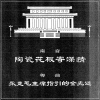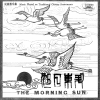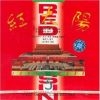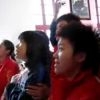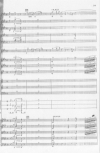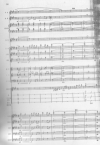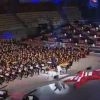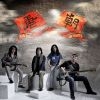Media file:
vid. 2.1 c
Title:
The women's soccer team singing Red is the East
Source:
Heidelberg catalogue entry, DACHS Archive
Keywords:
Red is the East, contemporary China, Pop, Rock, Red Sun, Red Sun Fever, Mao's words, Karaoke
The women's soccer team singing Red is the East
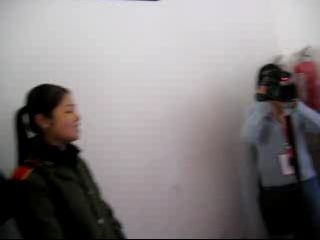
In the eyes of the contemporary Chinese audience, the message of MaoMusic as presented here is ambiguous. Some say that Mao comes down from his pedestal as God in these numerous but more mundane musical treatments. One such voice argues: “In the Cultural Revolution we used to stand when we sang. We listened to these songs like in church, with respect. Now it’s Rock & Roll—a real mess (乱七八糟 luanqibazao)... Rock & Roll expresses some anti-social ideas rather than respect. It’s a big change, changing Mao Zedong from a God to an object of Rock & Roll; now you can sing whatever way you want.” (Tuohy 1999). As if addressing Mao directly, then, this interviewee says somewhat grumpily: “Now I can sing you this way” (现在我可以这么唱你的了).
And indeed, there appear to be numerous and ever more frivolous ways of “singing Mao” today: “Red Is the East” and other such songs appear at karaoke parties in private (vid. 2.1a), in university talent shows in public, sung by foreigners at international banquets (vid. 2.1b) or by the Chinese women’s soccer team (vid. 2.1c). These and many more and different versions of singing “Red Is the East” can be retrieved quickly and easily from YouTube today.
What exactly happens to the revolutionary song, its function and meaning, in and through this treatment? It is attached, detached, and then again reattached to countless and incommensurable contexts, thus breaking previous links and establishing new ones. Does this make a difference? Is the singer’s or the audience’s attitude toward the song altered accordingly?
Most of my interviewees would agree that today, there are several functions and uses of the song: one artist explained how songs like “Red Is the East” were simply “engraved in the hearts” (刻在心里) of those who had grown up during the Cultural Revolution, and that the pop and rock versions would therefore be appreciated by many for the feelings of nostalgia they brought: “When we are relaxed we just sing these songs,” one interviewee (Artist, 1959–) said, “but, when I sing these songs now, I do not think of Mao Zedong and revere him so much anymore. Rather, I actually think of this time when I was young. Directly after the Cultural Revolution, people did not dare sing these songs, but now it is much different.” She also argued that those youths who had not lived through the Cultural Revolution “just liked this and the other Mao Songs for fun, finding them, indeed, quite laughable (可笑), on the one hand, but then, on the other, not so bad after all, because they actually sounded quite good.”
For some from this generation, then, it is pure fun, while for many others, it is also an expression of patriotism to sing these songs. The generation that lived through the Cultural Revolution as youth often go back to the songs with a certain nostalgia for a lost sense of community, while those born before the Cultural Revolution react very differently and often find it important to remember in order to prevent something like the Cultural Revolution from ever happening again (Bryant 2004, 188-92).







